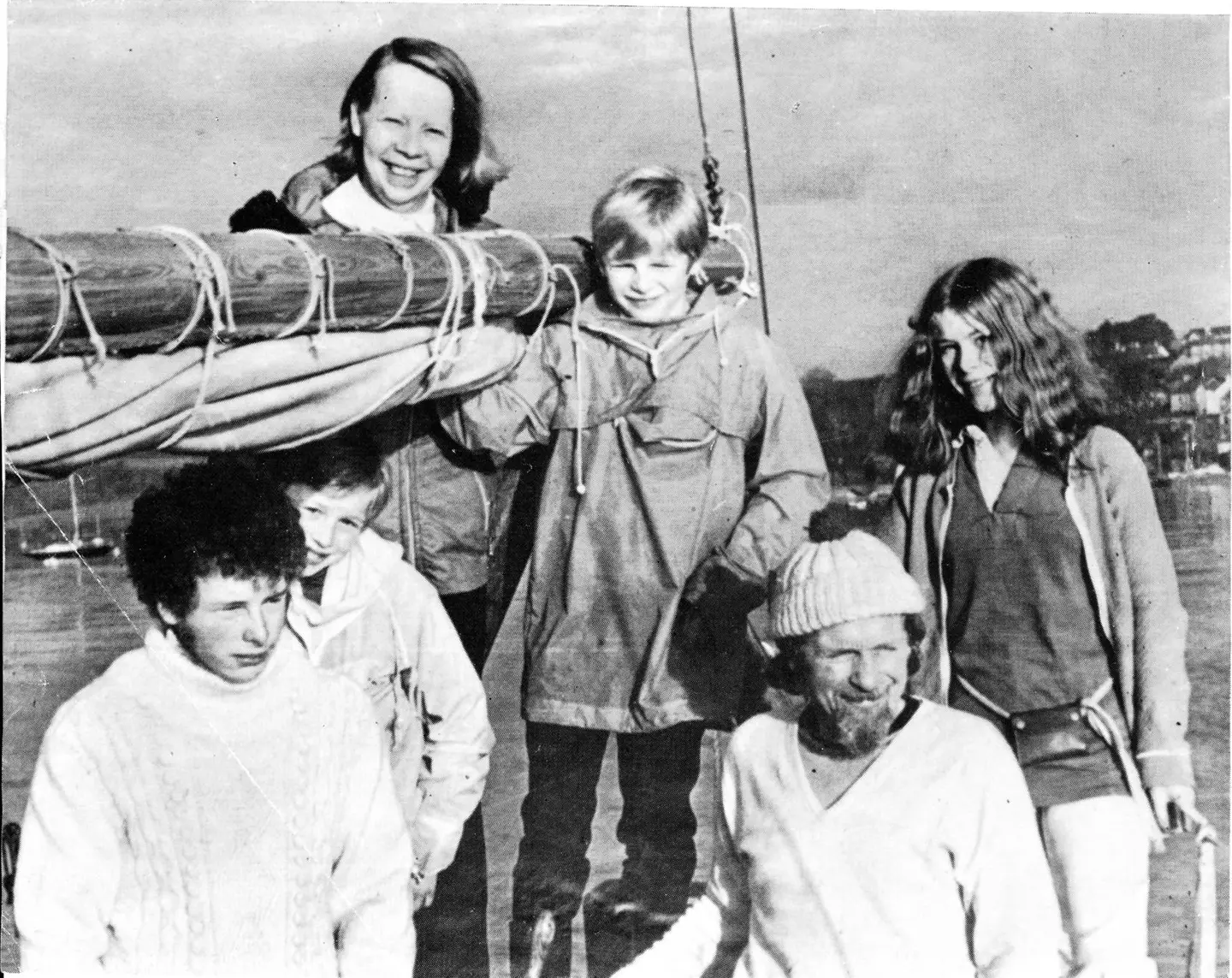
A man who survived six long weeks lost at sea revealed the chilling pact his family and him made for in case they didn’t make it.
Yeah, I know, sounds like the plot of some drama movie on Netflix, but it’s very much a true story in the case of the Robertsons. Back in 1971, the family sold their farm, bought a boat and set off to sail around the world.
Named Lucette, the boat was the on-water home to Lyn and Dougal with their daughter Anne, 18, son Douglas, 16, and twin boys Neil and Sandy, nine.
Advert
Starting their epic voyage on 27 January, they sailed across the Atlantic for 18 months, making stops in the likes of the Caribbean.
Anne left the journey while they were in the Bahamas but her spot was soon taken by 22-year-old student, Robin Williams.
On 15 June 1972, things took a bad turn for the passengers when the Lucette was attacked by killer whales.
Having recently set sail from the Galapagos Islands, the boat sunk within minutes and the family and Williams had to get into an inflatable life raft along with a fibreglass dinghy.

This then saw them spend 38 long days lost at sea despite only having water to last 10 and emergency food rations for just three.
Years later, Douglas shared details of the unbelievable ordeal with LADbible, including the eerie pact he made with his family.
On the very first day when things went wrong, the Robertsons and Williams made a deal that if things really got to the worst point, they would still never eat each other.
Thankfully, young Douglas had remembered learning about drinking turtle blood from the novel South by Java Head, which ended up saving their lives.
The family ended up hunting animals, eating dried turtle meat and drinking their blood – even catching and eating a five foot shark at one point.

"You've got instinct, we knew that the liver of the turtle was poisonous. Never read it, you just looked at it and knew you couldn't eat it, whereas the liver of the shark you could eat it,” he explained. "You've got this innate ability and you touch it in a situation like this.
“I’ve read other great survival stories where people have had the same experience and realisation comes to them what you can and can't do."
Eventually, the stranded group were spotted by a Japanese fishing trawler after they sent up a distress flare to get the boat's attention.
On 28 July, they were back on dry land in Panama with their scary ordeal finally over.
Topics: Community, Animals, Travel, World News